
Patient-Led Research Fund Webinar 2025 | Aligning community needs with research priorities
Come see the results and latest progress from the 10 studies funded by the Patient-Led Research Fund — biomedical research projects selected by a panel of patient-researchers with both scientific expertise and lived experience of Long COVID and/or ME/CFS.
Wednesday, July 9
10:00 am – 1:30 pm PT
1:00 pm – 4:30 pm ET
Updated October 10, 2023
The Patient-Led Research Fund is a $5 million fund that provided grants to Long COVID biomedical research projects, awarded by a panel of patient-researchers with expertise in post-viral illnesses and lived experience of Long COVID and/or ME/CFS.
A panel of 15 patient researchers with infection-onset illness (see below), including Long COVID, ME/CFS, and dysautonomia, decided how the $4.8 million in research funding should be allocated and prioritized, including calling for specific areas of research. This is a change from the typical power dynamic of biomedical research, especially in chronic illness, where large organizations decide where funding should go, and patients have no input into what is studied. The panel consisted of patient researchers, most with science or medical backgrounds, with a broad range of expertise in addition to their lived experience with chronic illness.
To date, Long COVID research has fallen short of its promise to improve patient health and largely disregarded insight from decades of research into infection-associated chronic illnesses. The awarded projects were chosen with an emphasis on impact and on research directions that are well informed by the existing body of research.
The awarded projects themselves showcase some of the diverse topics that Long COVID and ME/CFS patients would like to see pursued. The projects span many investigative paths, including microclots, spinal-structural abnormalities, immunologic dysfunction, microbiome changes, mechanisms of sleep dysfunction, computational drug repurposing, and a clinical trial of a promising and widely available drug.
Each project that doesn’t already have patient representatives on the project will receive 1-2 paid patient representatives from the Patient-Led Research Collaborative to inform study design. This will ensure that the lived experience of patients are incorporated in all steps of the research process.
The awarded projects are:
- An Exploratory, Randomized, Double-Blind Placebo-Controlled Study To Assess The Safety Of An Anti-Sars-Cov-2 Monoclonal Antibody And Response To Treatment In Individuals With Long Covid (OUTSMART-LC) – Dr. Michael Peluso – UCSF
Viral antigen persistence is one of the key mechanisms that might drive Long COVID. Clearance of viral antigen or infected cells with a SARS-CoV-2 monoclonal antibody may lead to symptomatic improvement in people with Long COVID. The purpose of this randomized, double-blind, placebo-controlled study is to evaluate the safety and tolerability of monoclonal antibody AER002, describe the ability of AER002 to affect virologic markers of chronic SARS-CoV-2 infection, describe the ability of AER002 to improve Long COVID outcomes, and describe the ability of AER002 to reduce post-COVID inflammation.
- Immune repertoire profiling of Long COVID and ME/CFS patients – Dr. Roshan Kumar – HiFiBiO Therapeutics; Dr. Liisa Selin and Dr. Anna Gil – University of Massachusetts Chan Medical School
Multiple lines of evidence point to underlying immune abnormalities in patients with infection-associated chronic illnesses such as Long COVID and myalgic encephalomyelitis/chronic fatigue syndrome (ME/CFS). However, how these abnormalities relate to disease symptoms and mechanisms is unclear. In some instances, autoimmunity may underlie chronic illness, while in other cases viral reactivation or persistence may be the primary culprit, and the two may interact so that initial antiviral responses elicit prolonged autoimmune reactions. Defining the targets recognized by immune responses is critical for identification of patient subgroups with distinct underlying disease mechanisms and will enable precision treatment with immunomodulatory or antiviral therapy. In this project, novel single-cell profiling technologies will be applied through the DIS® platform to characterize immune repertoires and identify targets of B and T cell responses in ME/CFS and Long COVID patients. By identifying autoantigens and viral targets of these immune responses, there will be insight into underlying disease mechanisms defining patient subgroups that can be translated into diagnostic biomarkers and therapeutic interventions.
- Microbial metabolites as disease-modifying factors in Long-COVID – Dr. David Esteban – Vassar College
Under healthy conditions, gut microbes produce an abundance of small molecules from tryptophan, which enter cells and activate the aryl hydrocarbon receptor (AhR). AhR induces expression of genes that limit inflammation and maintain the gut barrier. These ligands can also cross into the bloodstream and activate AhR distally to control inflammation and other processes. Under certain disease conditions, an altered microbial community is less able to produce AhR ligands from tryptophan. AhR therefore does not maintain the gut barrier and does not help control inflammation, while pro-inflammatory bacterial components are allowed to cross into the bloodstream. The purpose of this study is to investigate the production of, and response to, microbially derived AhR ligands in the microbiomes of people with Long COVID. Due to the established connection between the gut microbiome, brain, and immune system, such a foundation will be critical in understanding the basis of neuroinflammation, immune dysfunction, and gastrointestinal homeostasis, in post-infectious chronic diseases.
- Unraveling the pathophysiology of post-exertional malaise in Long COVID and ME/CFS – Prof. Dr. Michele van Vugt – Amsterdam University Medical Centers; Dr. Rob Wüst – Vrije Universiteit Amsterdam; and Brent Appelman – Amsterdam University Medical Centers
This project is a deep dive into the pathophysiology of post-exertional malaise (PEM), which is a major symptom distinct from fatigue that appears in Long COVID and ME/CFS. The study will perform multi-omics on muscle biopsies and blood from patients during periods of post-exertional malaise to try to provide an in-depth understanding of one of the most debilitating pathophysiological occurrences in Long COVID and ME/CFS. This project will provide an in-depth biomedical understanding of the pathophysiology of post-exertional malaise, including newly discovered blood/muscle biomarkers, which benefit future clinical trials and biomedical research into treatment options for patients suffering from Long COVID and ME/CFS.
- Characterizing non-restorative sleep in post-viral disease to advance intervention innovations – Dr. Janet Mullington, Robert Thomas, Larissa Engert, Samuel Frank, Monika Haack, Jason Maley, Recep Ozdemir, Haoqi Sun, Alicia Stokes, John Torous, and Brandon M. Westover – Harvard Medical School and the Open Medicine Foundation-Supported Ronald G. Tompkins Harvard ME/CFS Collaboration
The goal of this project is to characterize several features of sleep regulation in ME/CFS and Long COVID compared with age and sex matched healthy sleep controls. The study will look at four primary components: 1) sleep-circadian dysfunction; 2) how immune function, specifically specialized pro-resolving mediators (SPMs), are changed in relation to sleep dysfunction; 3) brain electrical activity; and 4) mechanisms of state-boundary control and neurodegenerative diseases.
- A pre- and postoperative study of patients with ME/CFS operated for foraminal stenosis – Prof. Per Sjogren, Dr. Bo Bertilson, Dr. Helena Huhmar, Dr. Lauri Soinne, Dr. Olli Polo, Dr. Jonas Bergquist, and Dr. Bjorn Bragée – Bragee ME Clinic, Stockholm
In a 2020 study based on MRI findings, Dr Bragée et al. showed that many patients with ME displayed narrowing of the spinal and/or foraminal canals in the craniocervical region. Unexpectedly, over 50% of the 229 studied patients also had hypermobility syndromes, a known risk factor for ligament injuries in the spine. Of the 115 patients with prominent neck pain, 80% had craniocervical obstructions. This study will examine whether surgery that relieves pressure on nerves (cervical radiculopathy) and corrects cervical obstructions can turn around the often-poor prognosis of patients with ME and have an effect on not only the radiculopathy but also other aspects of their illness.
- Altered T cell responses in Long COVID (PASC) and ME/CFS – Dr. Liisa Selin and Dr. Anna Gil – University of Massachusetts Chan Medical School
Based on earlier research, this project hypothesizes that the common theme in Long COVID and ME/CFS is an aberrant response to an immunological trigger like infection that results in a permanently dysregulated immune system as a result of CD8 T cell exhaustion. This project will do a deep dive into the T cells of Long COVID and ME/CFS patients, looking for exhausted and activated subsets, and will additionally look at reactivated herpesviruses in relation to these findings.
- Systems Biology Approaches to Uncovering Disease Mechanism and Drug Repurposing for Long COVID – Dr. Wenzhong Xiao – Massachusetts General Hospital and the Open Medicine Foundation-Supported Computational Research Center for Complex Diseases
This project will use deep machine learning and network medicine to parse through clinical information, research findings, and multi-omics data of Long COVID, ME/CFS, and related diseases with the collective knowledgebase of drugs, diseases, genes, and symptoms to discover disease gene modules, and identify potential drugs as candidates for repurposing for these illnesses.
- Understanding the relationship between fibrin amyloid microclots and Long COVID – Dr. Caroline Dalton, Dr. Andrew Higham, Prof. Doug Kell, Prof. Resia Pretorius, Prof. David Price – Consortium of UK and South African universities
This project will develop a microclot test for Long COVID and associated conditions, including ME/CFS, and assess its ability as a diagnostic test, using multiple techniques. The team will also analyze microclot burden in patients over time, looking at the impact of infection and vaccination on microclot levels, and microclot dynamics over time.
- Multi-omic approaches to Solve post-Acute COVID-19/SARS-CoV-2 Syndrome – MOSAICS – Prof. Alain Moreau – Université de Montréal and the Open Medicine Foundation-Supported ME/CFS Collaborative Center at CHU Sainte-Justine/Université de Montréal; Prof. Jonas Bergquist – Uppsala University, Sweden and the Open Medicine Foundation-Supported ME/CFS Collaboration at Uppsala University; Dr. Christopher Armstrong – University of Melbourne and the Open Medicine Foundation-Supported Melbourne ME/CFS Collaboration; Dr. Wenzhong Xiao – Harvard University and the Open Medicine Foundation-Supported Computational Research Center for Complex Diseases; Dr. Dawei Li – Florida Atlantic University; and Dr. Tse Man Sze – Université de Montréal
This project hypothesizes that Long COVID, and ME/CFS after COVID, is the result of a broad molecular-level reorganization occurring primarily at the epigenetic level. The study aims to understand the molecular mechanisms underlying the development of long-term sequelae following a SARS-CoV-2 infection, by looking at 4 specific aims: 1) Global expression profiling of circulating microRNAs, 2) Global DNA methylation profiling, 3) Global proteomic plasma profiling, and 4) Global metabolomic plasma and urine profiling.
PLRC is grateful to Balvi for funding the Patient-Led Research Fund and to Open Medicine Foundation, PolyBio, and Dysautonomia International for offering to facilitate the transfer of cryptocurrency to grantees.
September 23, 2023 Note: originally the Patient-Led Research Fund had awarded funds to Dr. Jarred Younger at University of Alabama at Birmingham to conduct a clinical trial on low-dose naltrexone for the treatment of Long COVID and ME/CFS. However, due to the institution’s refusal to accept funds that had a cryptocurrency origin, these funds were redistributed.
Prior Request for Proposals
NOTE: The deadline for this RFP has passed. Awarded projects are listed above.
Application Deadline: September 23, 2022 11:59 PM Pacific Time
Award Information:
Patient-Led Research Collaborative is awarding $5 million (USD) in grants. We are planning to fund multiple projects and are accepting proposals between $50k to 1.2 million in cost. These are one-time grants, with projects to be completed ideally within one year, though consideration for up to two years will be granted for projects with larger scopes. Each awarded project will come with two paid (by PLRC) patient-researchers, who will act as consultants on your study for several hours a month. These awards will be distributed in crypto (USD Coin, which is a stable coin tied to the US Dollar) so your organization will need to be able to accept crypto. (If your grant is funded, we can direct you to resources to set this up, and can accept caveats on a case by case basis).
These grants will be used to support biomedical research studies into Long COVID and associated conditions (e.g. ME/CFS, POTS, EDS/connective tissue disorders, small fiber neuropathy, structural spinal conditions etc.). Eligible studies include those researching diagnostics, biomarkers, pathophysiology, drug repurposing investigations, and treatments/clinical trials (including, but not limited to, drug repurposing, botanicals and supplements, biomedical devices). We encourage and prioritize studies with multiple cohorts and comparator groups of related illnesses (e.g. Long Covid, ME/CFS, hEDS, dysautonomia/POTS etc).
We also especially encourage and prioritize proposals on areas of research identified by patients as critical. In no particular order, these include (but are not limited to):
- the role of hormones in symptom expression
- studies on mechanisms driving connective tissue disorders and connective tissue damage in infection-associated diseases, and therapeutics to repair and strengthen connective tissue and structural spinal conditions
- overlaps with inflammatory conditions like endometriosis
- how the menstrual cycle impacts the illness, and the impacts of pregnancy on illness
- antivirals including antivirals against reactivations like EBV
- addressing and understanding vascular dysfunctions like clotting
- addressing and understanding mechanisms of cerebral and general hypoperfusion and hypovolemia
- mitochondrial treatments and metabolomics research
- treating and understanding sleep issues, unrefreshing sleep, and circadian rhythm dysfunction
- addressing brain fog, neurocognitive issues, and neuroinflammation
- addressing and understanding immune dysfunction and mast cell activation
- treating autonomic and nervous system dysfunction
- studying mechanistic overlaps and the relationships between related and comorbid illnesses
- additional triggers of ME/CFS and connective tissue disease, including mold exposure
- treating and researching post-exertional malaise (PEM) and fatigue
The aim of this funding opportunity is to support research with the potential to rapidly advance diagnostics and therapeutics for these conditions, particularly research that is outside of the resources of PLRC and other patient-led and predominantly-online groups. Thus, there are many types of research valued by PLRC, but that are not eligible for this funding opportunity. For example, research proposals may be excluded if they are exclusively survey-based, prevalence studies, qualitative research, studies solely collecting symptoms or experiences, occupational therapy, or behavioral research. Other studies not eligible for funding are studies into therapies that have already been well-evaluated in similar cohorts, do not result in positive outcomes, and are known to cause harm, including studies that use graded exercise therapy and cognitive behavioral therapy.
We welcome applications from research groups in the Global South. If you would like to submit a proposal in a language other than English, or need assistance with the application process, please contact us at team+questions@patientledresearch.com.
As part of the award for a project, we will allow overhead costs up to 15%.
We will consider projects whose IRB/ethics approval is in progress. IRB/ethics approval must be obtained before dissemination of the funds.
Each application will be evaluated on the following criteria:
- Study goal
- Approach/study design
- Historically informed/building off existing post-viral and infection-associated research
- Impact and scalability
- Diversity, intersectionality, and open science
- Ethical standards
- Approach to engaging patient input in study design and consideration of patient burden
- Involves a research area of patient interest, listed above. Encouraged but not required.
A webinar was held on September 1st to answer frequently asked questions; the recording can be found here, passcode: 3xJAT=jA. The Q&A page can be found here. For all other questions/assistance, please contact team+questions@patientledresearch.com. If you are unsure if your project is eligible, you are also welcome to email us a brief summary of your study idea in advance.
Application template can be found here: Application Template
This Request For Proposals can also be found as a Google doc here: Request For Proposals
Dates
| Event | Date |
| Q&A Session | View the recording here; passcode: 3xJAT=jA |
| RFP Submission Deadline | September 23rd |
| Awards Announced | Early November |
| Project Execution | December 2022 – 2023 |
Contact Information
For questions: team+questions@patientledresearch.com
Submit proposal to: team+applications@patientledresearch.com
Panel
We are excited to announce our Patient-Led Research Fund Panel, who will be guiding us through putting together a Request for Proposals and evaluating the submitted proposals for research into Long COVID. This group has a wealth of expertise – both in their skilled backgrounds and their lived experience.

Dr. Athena Akrami is a faculty member at Sainsbury Wellcome Centre, in University College London, where she runs a large neuroscience laboratory studying learning and memory in rodents, human, and computational models. She has more than 15 years of experience in scientific research and publications, project managements, and international collaborations.

Dr. Raven Baxter, Ph.D. is an internationally acclaimed American educator and molecular biologist known for effortlessly merging science with pop culture.

Beth Pollack is a Research Scientist at MIT studying complex chronic diseases in the Department of Biological Engineering. She leads research on comorbidities and overlapping pathomechanisms between Long COVID, ME/CFS, chronic lyme, dysautonomia/POTS, connective tissue disorders, mast cell activation disorders, and other related conditions. Previously, Beth was a Senior Researcher at Harvard University, and is a graduate of NYU and Harvard.
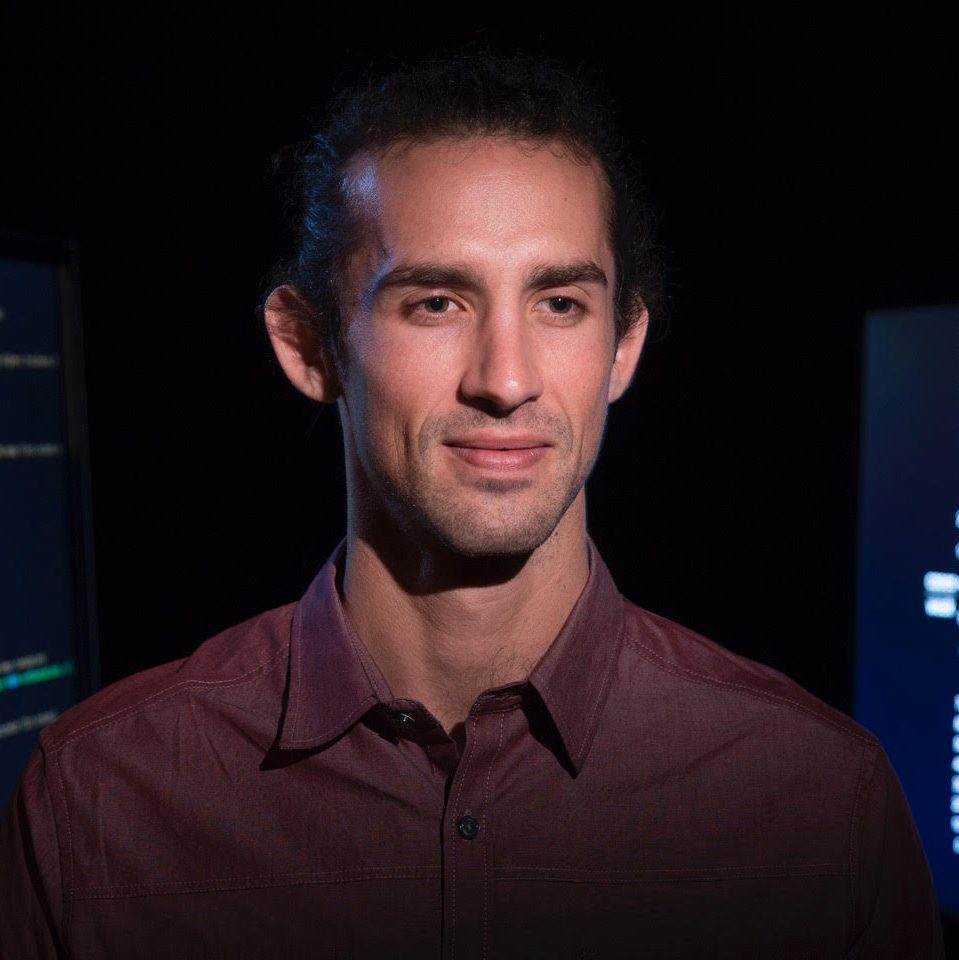
Dr. Steven Bellan, PhD, MPH was a Professor of Epidemiology and Biostatistics at the University of Georgia before developing ME/CFS in 2018, and had also served as a working group lead for WHO, a technical consultant for UNAIDS, and Director of ICI3D. His research focused on the spread and control of infectious diseases, with a particular focus on HIV.

Gina Assaf is a co-founder of the Patient-Led Research Collaborative. She is an independent digital strategist, researcher, and designer for the humanitarian and global aid sector, and the co-founder and managing director of a digital design & development consulting organization. She has worked for organizations such as the United Nations, IRC, World Bank, USAID contractors, Intuit, and GitHub.
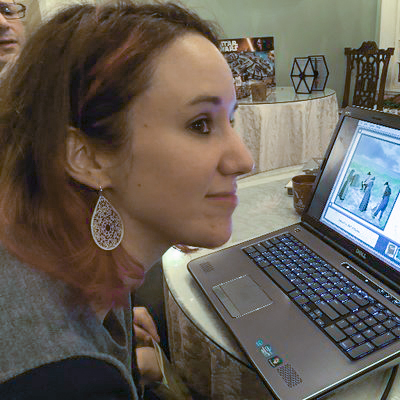
Hannah Davis is a co-founder of the Patient-Led Research Collaborative and has a background in data analysis and machine learning, with a focus on generative art & music, and tools for countering bias in machine learning datasets. She has spoken at the Library of Congress, Bell Labs, Eyeo Festival, WHO, NIH, the European Association for Computational Linguistics, and others.

Dr. Tess Falor, holds a PhD in Earth and Planetary Science from UC Berkeley and has worked on all phases of space missions. Motivated by her own complex health conditions, she now spends her time volunteering for a health related nonprofit (the Ancestral Health Society) and helping people as an independent patient advocate.
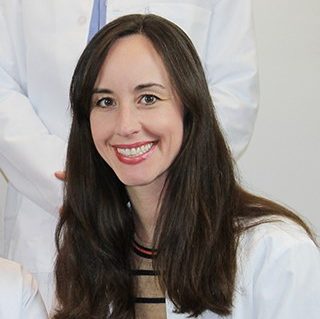
Dr. Megan Fitzgerald holds a PhD in Neuroscience and Neurology, and has expertise in neuroanatomy, cellular biology, and stem cells. She has been struggling with Long COVID since March of 2020.
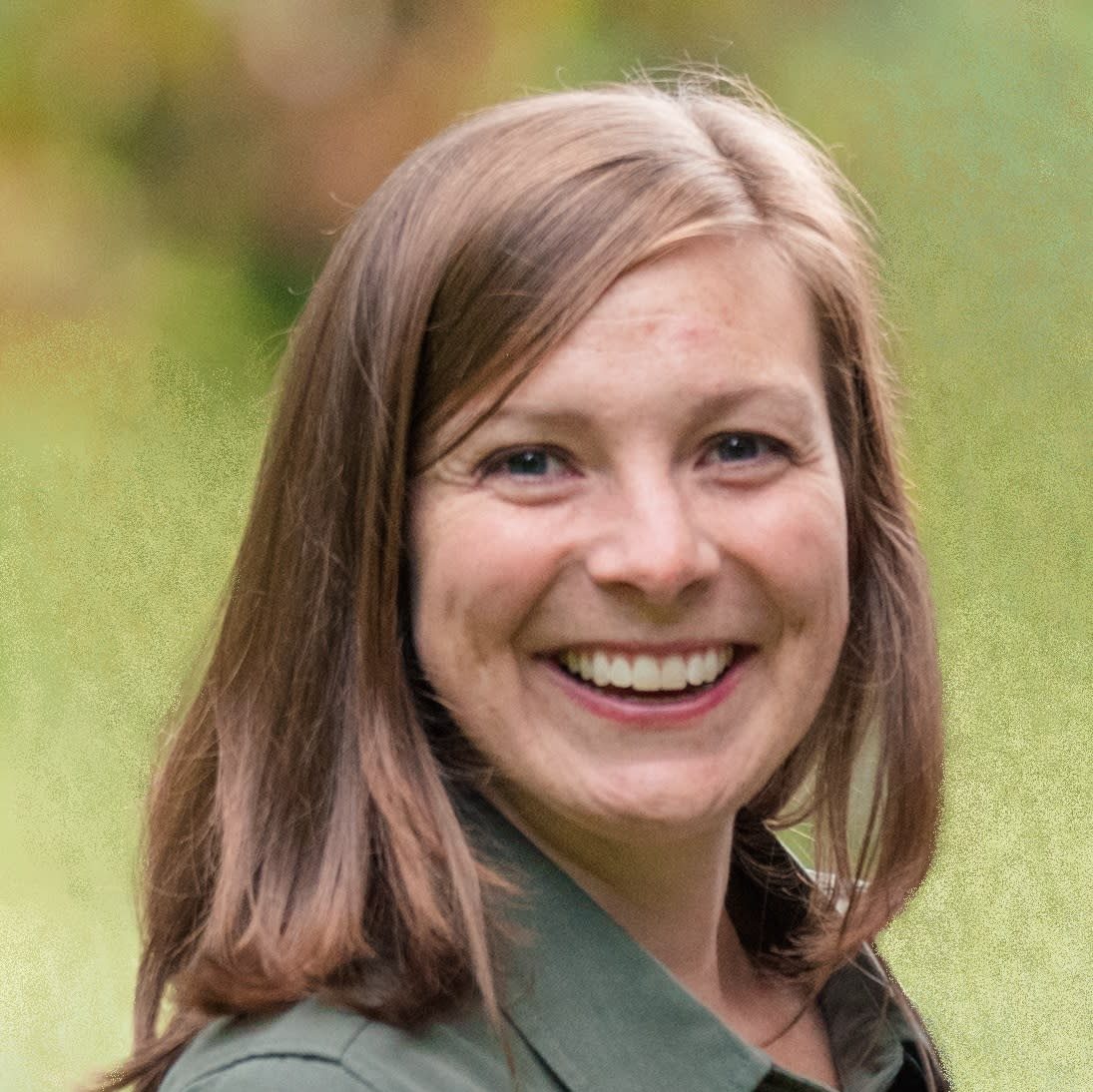
Dr. Rochelle Joslyn holds a PhD in Immunology from the University of Washington, and has over a decade of experience working as a scientist in human biomedical research. After developing ME/CFS in 2004, she pursued a research career during intermittent remissions in her disease. Rochelle is currently caring for her young children full time, but she participates broadly in the ME/CFS scientific and advocacy communities.
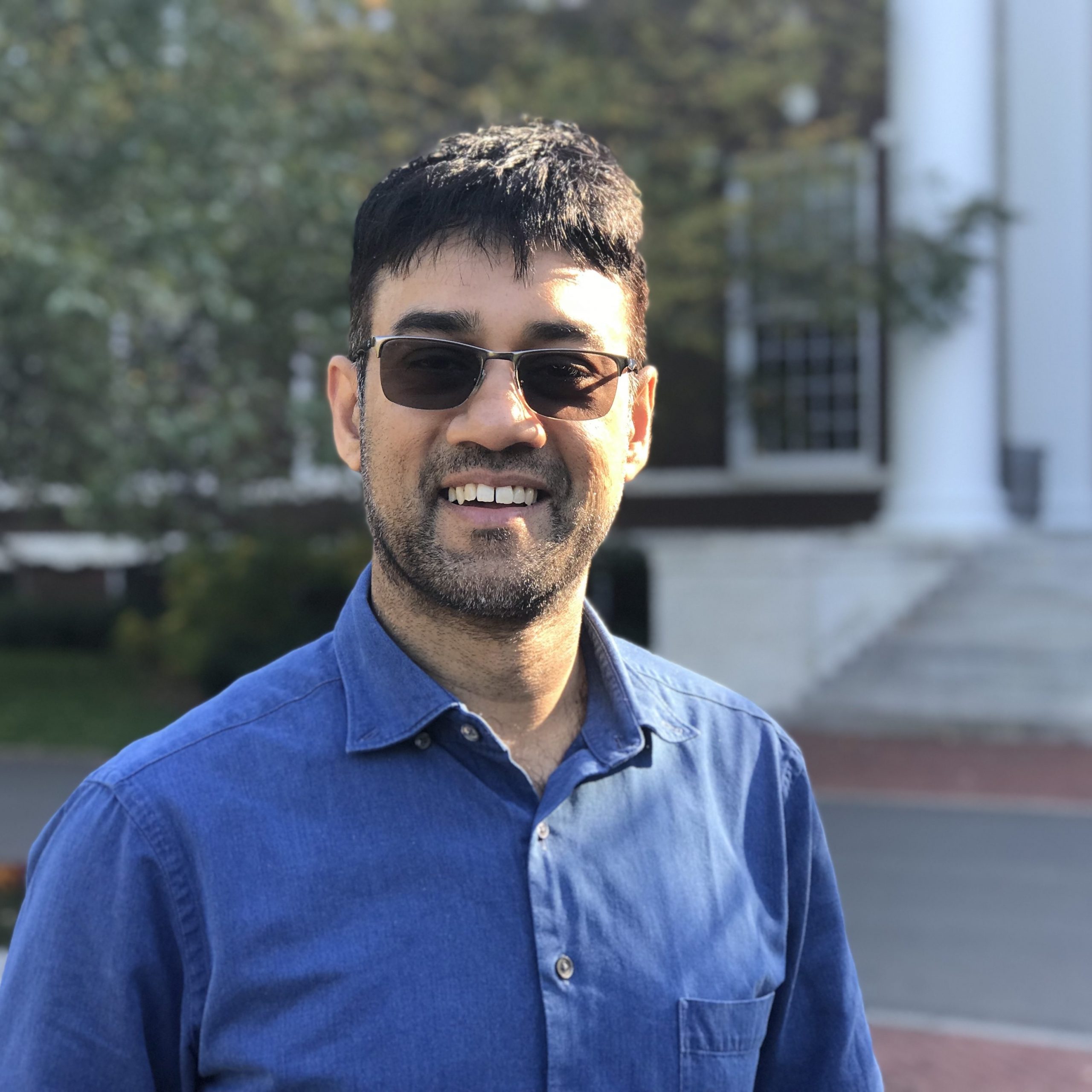
Dr. Asad Khan is a pulmonologist in Manchester, United Kingdom who has been unable to work since Nov 2020 since contracting COVID19 at work due to inadequate protection. He suffers with Long Covid & a number of complications including ME and PoTS. He is active in the advocacy space and also a collaborator of #TeamClots which includes Prof Resia Pretorius & Prof Doug Kell.
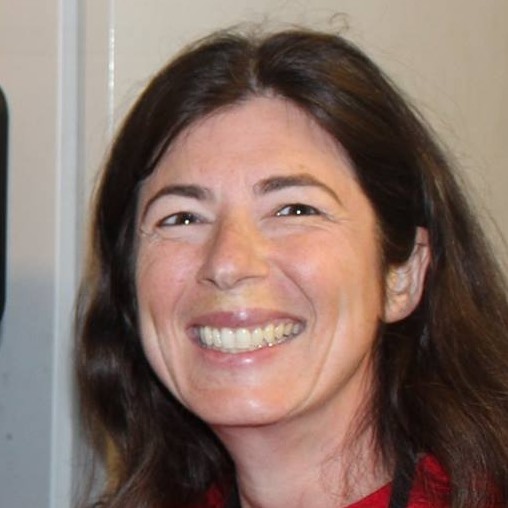
Beth Mazur is the co-founder of #MEAction, a grassroots non-profit advocating for people with Myalgic Encephalomyelitis. She has a BS in Electrical Engineering and Computer Science from MIT.
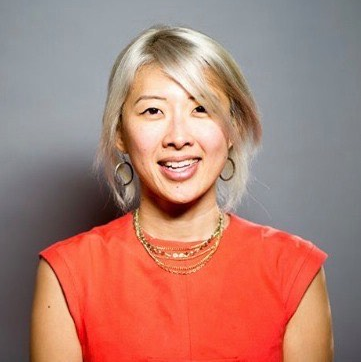
Dr. Dona Kim Murphey, MD PhD is a systems neuroscientist and neurologist, community organizer, historian of science, and COVID long hauler. In addition to her scientific and clinical interest in the etiology of and (dietary, behavioral, pharmaceutical) interventions for the neurological manifestations of COVID, she is a strong advocate for health equity in biomedical research.
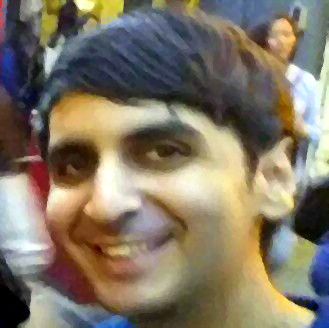
Dr. Shaun Peter Qureshi is a physician with a clinical background in general internal medicine and palliative medicine, and an academic background in medical education and systems research. Shaun is living with Long Covid, and is an advocate for healthcare workers with occupational illness and for patients with chronic post-viral illness.
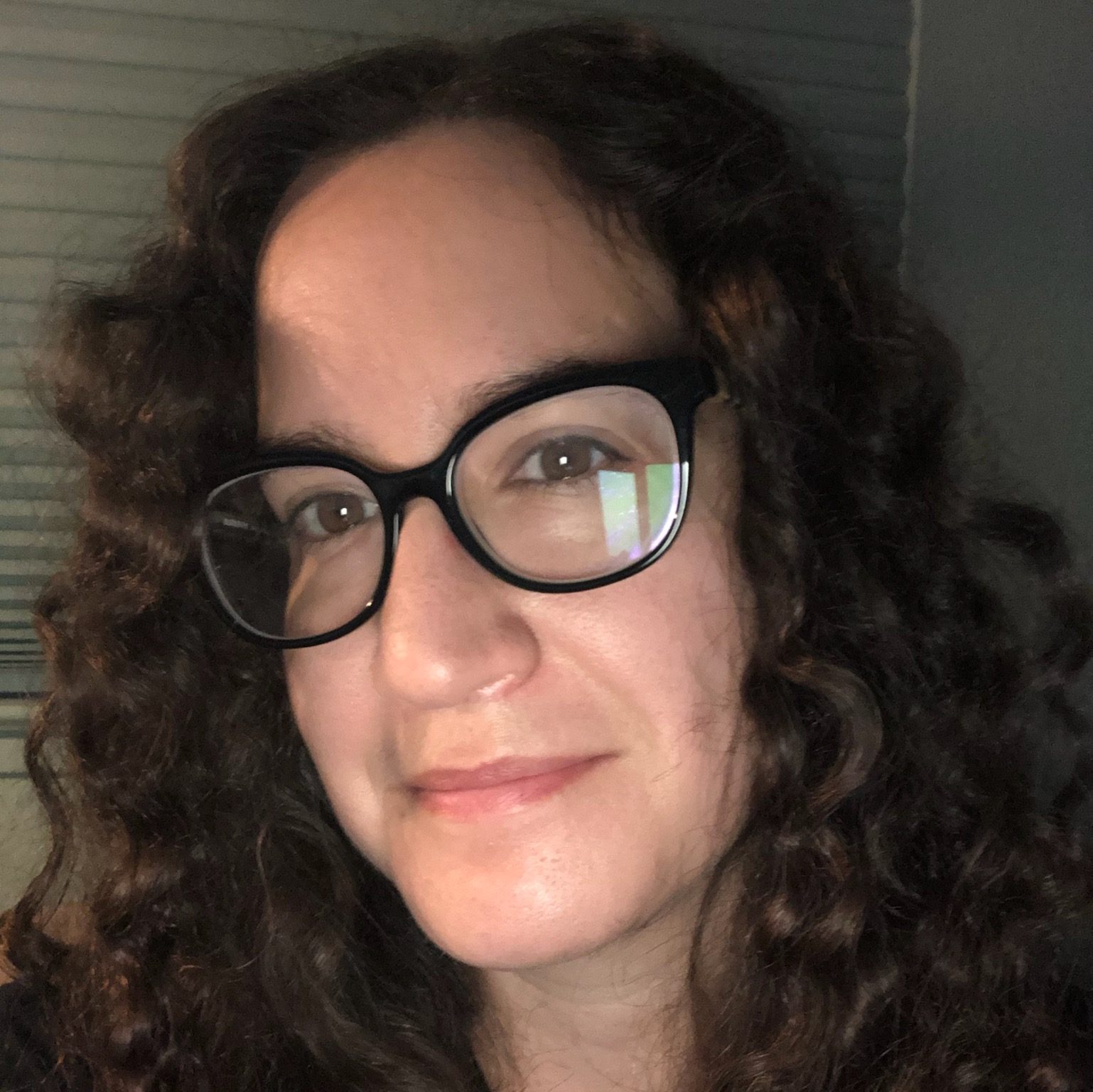
Dir. Jaime Seltzer, MS is the Director of Scientific and Medical Outreach at #MEAction. She is responsible for fostering communication between research scientists, clinicians, and people with ME/CFS. She works with Stanford, Columbia, Mayo Clinic, and Project ECHO on post-infectious chronic complex diseases, including ME/CFS and Long COVID, and is running a survey-based study and small proteomics mass spectrometry project on these diseases.
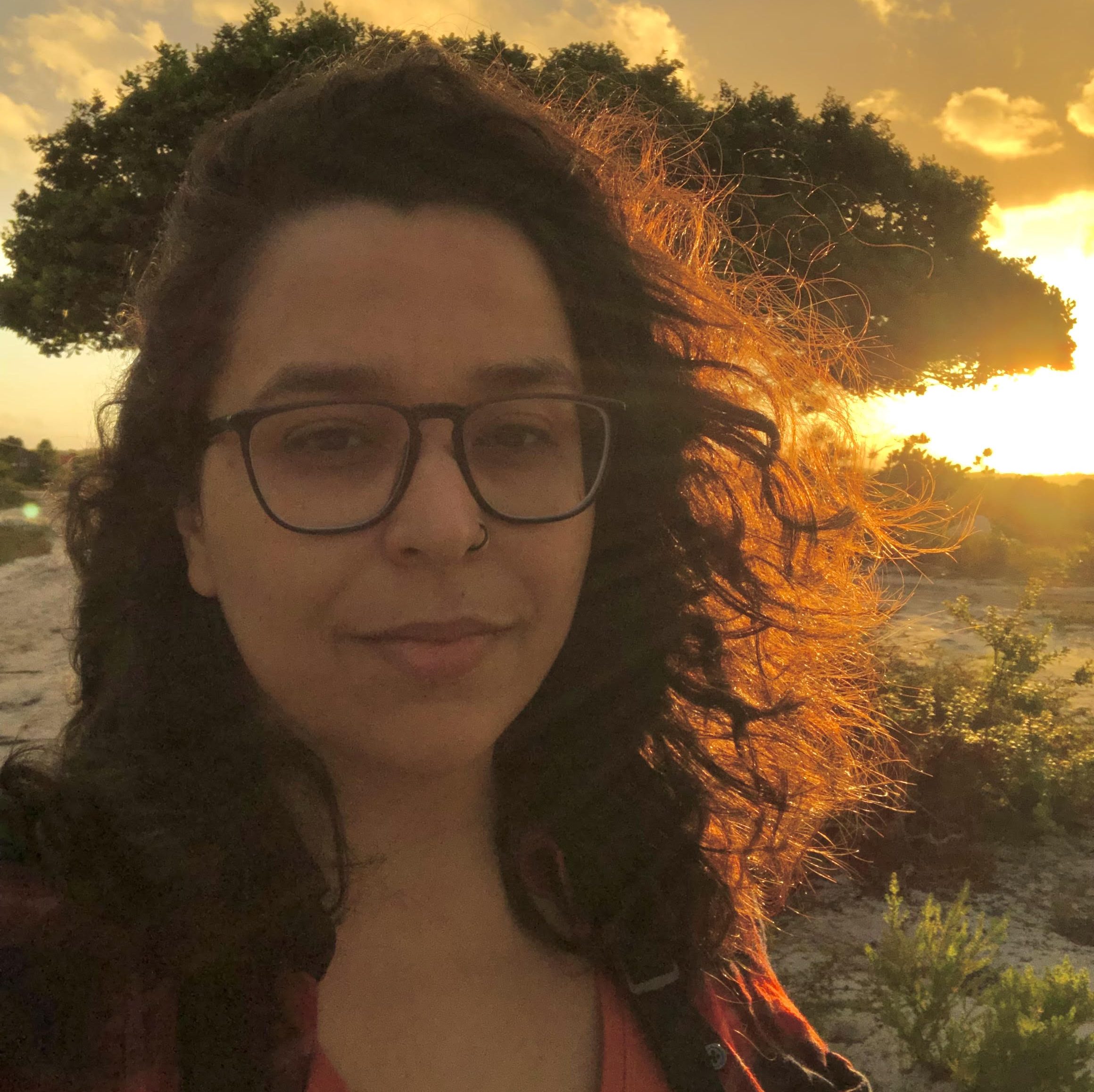
Dr. Letícia Soares (MSc PhD) is a Brazilian scientist, first wave long hauler, and person with ME/CFS. Her academic training and background are diverse, with research experience focused on ecology and evolution of infectious diseases.
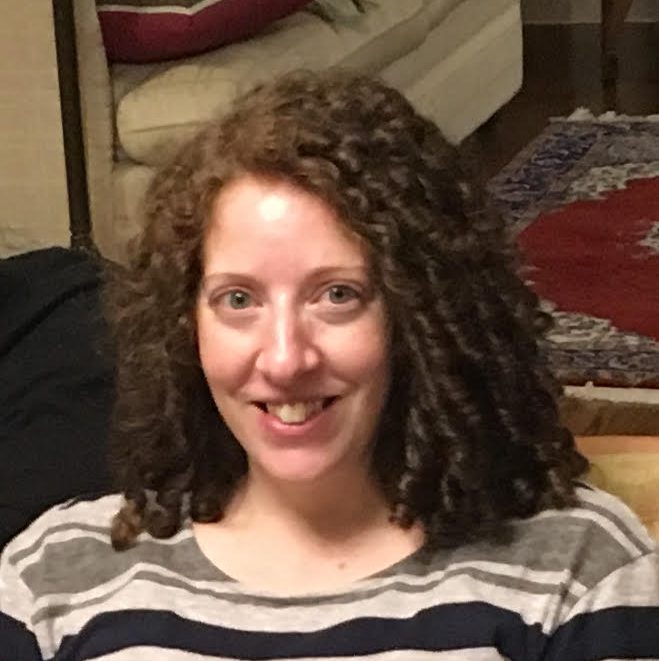
Dr. Becky Taurog did her Ph.D. in biochemistry (UM-Ann Arbor) studying enzyme mechanisms and postdoctoral research (TSRI) on virus structure. She was early in her career as an assistant professor of chemistry when she gradually became ill with ME, starting ca. late 2014. She is still unable to work or do many daily activities due to ME.
